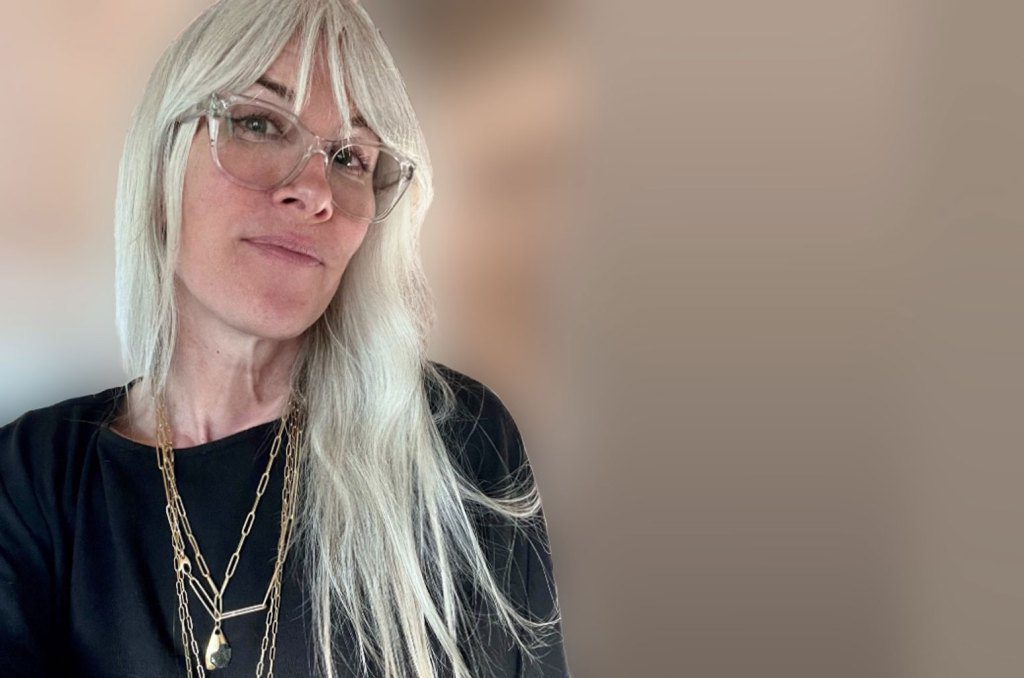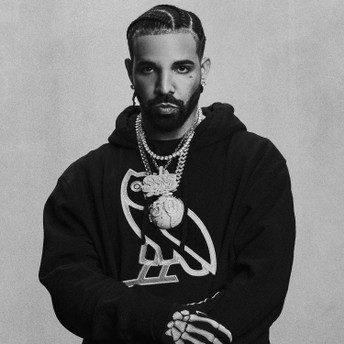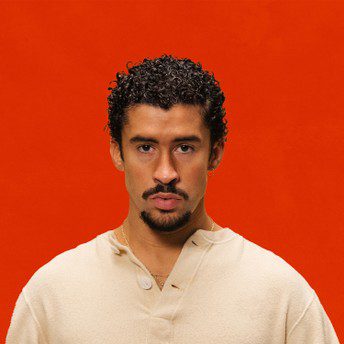Music Publicist Kathryn Frazier Was ‘Ready to Quit’ the Industry. Instead, She Added ‘Life Coach’ to Her Resume
 Posted On
Posted On

For Mental Health Awareness Month this May, Billboard is teaming with Brandon Holman of the Lazuli Collective on a series of articles focused on mindfulness and the professional development of executives, creatives and artists in the music community.
Today’s conversation is with Kathryn Frazier, the founder/owner of the PR company Biz3 — where her clients include The Weeknd and Skrillex — and a certified life, career and relationship coach who’s worked with everyone from college students to world-famous musicians. Based in Los Angeles, Frazier also recently became a Reiki master, expanding her practice to more thoroughly tend to the mental, emotional and spiritual health of her clients. She says doing so not only helps people experience relief from suffering and makes her life and work more fulfilling, but also helps provide the world with uplifting art made by creative people who are mentally, physically and emotionally healthy. Three decades into her music industry career, Frazier is encouraged by the wellness trend but believes many big music institutions could do more to help their employees navigate an innately high-stress industry.
The reason I got into coaching, and now being a Reiki master and the other stuff I’m doing, is because I didn’t see care for artists’ mental, emotional and energetic health. I saw a lot of run-down stressed-out, addict people. People I worked with and people I didn’t work with who were not even able to perform their PR and show obligations and all the stuff that comes with being an artist.
Trending on Billboard
The parallel, to me, is like Lauryn Hill said: Everything is everything. Your mental and emotional health, what you ate for breakfast, the relationship you have with a partner, your history with your parents, it’s all related, and it’s going to show up in different ways in what you do in relation to music. I started to see that more clearly on my own quest for growth and the layers of the onion I started peeling on myself when I started therapy back when I was 26 years old, and I’m 54 now. The more I peeled, the more I saw how much it all affects everything. I would rather come into a person’s life and try to fortify them on all levels.
I’ve always, and I do it a lot more now, help people with stress, anxiety, impostor syndrome, insecurity and compare and despair, along with pitching you and trying to get you pieces of press or helping you find management. I’ve been in management; I’ve owned record labels. I’ve been on all sides of the music industry, and you can’t really thrive and make a career grow if someone at their core is unstable or not nourished or depleted and hanging on by a thread.
That’s when things like addiction and suicide [can happen], or I’ve seen artists who just couldn’t keep up with it, and their careers just kind of went away. That’s not to say I coach everyone I rep because I don’t. But I certainly bring elements of it in. When talking to people on the phone or at a shoot, I really check in on people’s well-being and talk to them about their feelings, or what’s happening with their energy, or pull out an essential oil or show someone how to do fourfold breath. There’s a lot of artists out there that would be able to say that we’ve done that together.
I had someone say to me, “Oh, like the wellness trend? Are you tragically trendy?” They used some term that was sort of degrading the trend in wellness, and I just laughed. I was like, “That’s actual bulls—, what you just said.” I’m not the most wellness-y in my speech, which is probably why it goes over for the audience. I’m not trying to preach to the choir. I’m trying to get people who don’t already know or care about this stuff to come and get relief. So if wellness is trendy, awesome. How could anyone be against people stopping suffering? Someone else said something to me, like, “Oh, did you see so and so is now a wellness Tiktok influencer?” They were saying it in a negative way. And I was like, “Great.” I can deliver something, and there might be five people who are like, “I’m not listening to her.” But they might listen to someone else. Who cares. Whatever key gets in there and opens the door. The more messengers, the better.
I have [worked with] people who just came out of incarceration and were trying to figure out how to make their way back. I’ve worked with CEOs and well-known musicians and actors. Across the board, everyone has what I think is the same issue: Every single person I coach has some level of having a brain that overthinks, and it causes them pain. It’s what Eckhart Tolle talks about: The biggest thing we suffer from is our own thinking and our own runaway brains. When we are thinking about the past and we’re thinking about the future and we are not in the present, we are suffering. We’re worried, we’re anxious, we’re angry, we’re resentful, we have contempt, we’re shut down, we’re locked, we’re stuck. It’s all related to an overthinking mind.
So I always start with finding out how much a person’s brain and mental chatter are going, and give the tools for that right out of the gate. It’s a really common thing. There’s a famous star that I’m talking a lot with right now, and they have the same compare and despair and negative self-talk and imposter syndrome as a college kid I’m working with. If you had bubbles above their heads saying what they’re feeling, they’re the same, even though they’re in completely different scenarios.
We work in a high-stress world, in music. If I don’t deliver, I have managers and labels calling. There’s a lot at stake. Is working in the music industry going to be no stress and always chill? No, it’s not the nature of the game, but you can make it be better. I spent an hour on the phone with one of my staff today encouraging her, and she just read The Four Agreements, because I encouraged it. I send all our interns and staff The Power of Now. I’ve paid for people to go to Landmark Forum; I’ve paid for them to go to transcendental meditation. Do I get mad or frustrated? For sure. Am I always perfect with my communication or the way I process things? No. But I definitely think I do better than a lot of people in our industry. I just wish I would see [a culture of knowledge sharing] more at some of the bigger institutions. Some of them are great and have people come in and share or provide services. I just think there needs to be more of it.
I was doing these talks at William Morris, and at UCLA with my students, I always say that you don’t need to be an expert or be Brené Brown to share tools. If you’re an 18-year-old intern and you read The Power of Now and it helps you, and you have your high-powered boss who’s in their 50s, and it looks like they need it, share it with them. Don’t be afraid to start sharing with each other.
I was a thousand percent ready to quit the music industry. There was one summer in particular where I was really uninspired with rap music that I had loved and been working on for a long time. It was at the height of lots of bragging, and everything was about monetary success. Media had changed. I just was like, “I can’t do this for even one more second, and it’s such a blessing to be paid and do this, but man, I’m getting sucked dry.”
That’s when I worked really hard on the coaching, leaning in and putting in all the hours. I’ve now done 3,000 hours, so I’m a master coach. I’ve put the time in, and that saved me because then I saw I could bring a different energy to what I do. While I’m helping spread art to the world, I can actually help human beings not suffer, and then that energy gets passed from them to other people too, even if they’re not saying it.

